
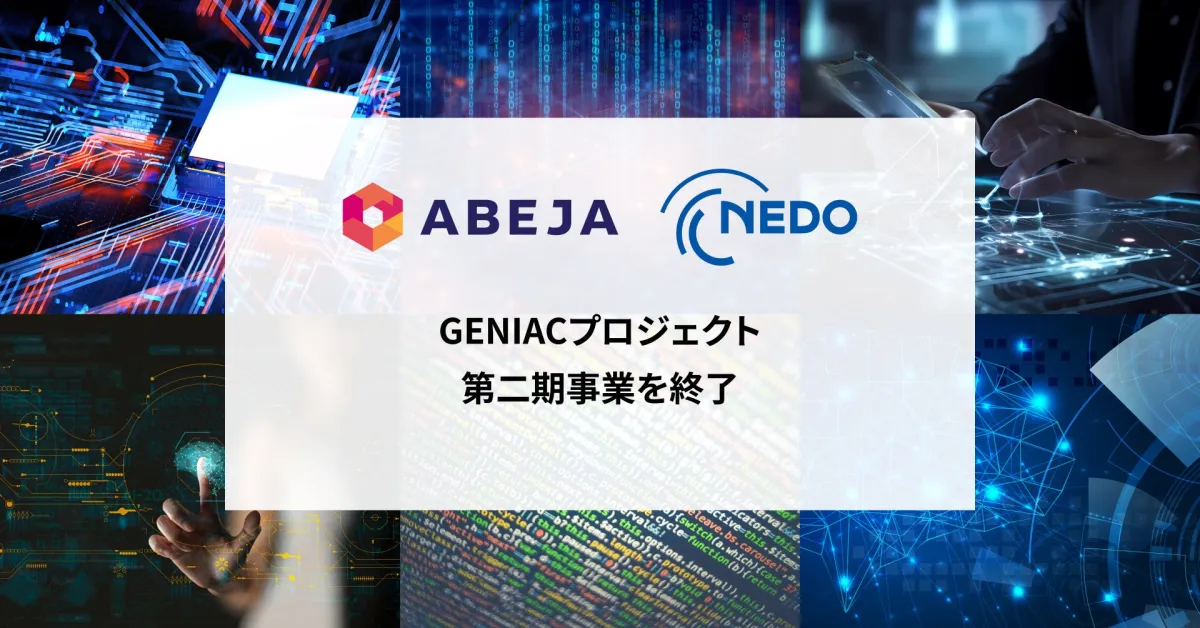
ABEJA's Successful Completion of GENIAC Project Phase Two Enhances AI Capabilities
ABEJA Completes Phase Two of the GENIAC Project: Transforming AI Integration in Japan
The Japanese company ABEJA, headquartered in Minato, Tokyo, has recently concluded the second phase of its GENIAC (Generative AI Accelerator Challenge) project. This initiative, supported by the Ministry of Economy, Trade and Industry, aims to bolster the country's generative AI development capabilities. Running from October 2024 to April 2025, the project focused on research and development surrounding large language models (LLMs) and related technologies. The resulting innovations promise to enhance AI's integration into mission-critical tasks across various sectors.
Achievements and Innovations
During this phase, ABEJA built three compact LLMs with a learning cost capped at 100 million yen. Notably, two of these models—the 32B reasoning model and the 7B model—achieved the highest level of Japanese performance globally among their counterparts. ABEJA successfully addressed previously existing obstacles in societal implementation of LLMs, particularly the trade-off between accuracy and cost. This achievement is a significant leap forward in the usability of AI technologies.
ABEJA is on a mission to "implement a richer world" and actively develops, implements, and operates the ABEJA Platform, which serves as the foundational system for introducing AI into critical business operations. The company's dedication to cutting-edge research is evident from its early adoption of deep learning technologies in 2012, followed by its focus on LLMs starting in 2018 and quantum computing since 2019.
The GENIAC Initiative
As global businesses leverage vast value generated by LLMs, the GENIAC initiative was launched by the Ministry of Economy, Trade and Industry and NEDO to elevate Japan's foundational model development capabilities and foster corporate innovation. ABEJA has participated in both phases of the project, contributing to the societal implementation of LLMs.
One vital principle associated with LLMs is the `scale law`, wherein improvements in accuracy lead to increased computational costs, and larger datasets and model parameters. Historically, this meant that enhancing precision necessitated higher expenditures, presenting a challenge for widespread adoption. Recognizing this hurdle, ABEJA aimed to overcome the accuracy-cost trade-off by developing specialized models during the second phase of GENIAC.
Breakthrough Outcomes of Phase Two
1. Development of High-Performance Compact Japanese LLMs
In this phase, ABEJA has successfully created three models based on Alibaba's Qwen series: the `ABEJA Qwen2.5-32B Model`, the `ABEJA QwQ-32B Reasoning Model`, and the `ABEJA Qwen2.5-7B Model`. The latter two models exhibit world-class performance in Japanese, establishing ABEJA as a leader in this niche. Their design prioritizes usability concerning accuracy, cost, and adaptability, which allows for deployment in diverse edge environments like offices and factories.
Impressively, the `ABEJA Qwen2.5-32B Model`, released in January 2025, ranks first among Japanese companies and 16th globally, according to the NIKKEI Digital Governance AI model score ranking.
| Model Name | Performance |
|---|---|
| ------- | --------- |
| ABEJA Qwen2.5-32B Model | Surpasses OpenAI GPT-4 |
| ABEJA QwQ-32B Reasoning Model | Highest performance among similar models, surpassing OpenAI GPT-4o and o1-preview |
| ABEJA Qwen2.5-7B Model | Best performance among similar models, surpassing OpenAI GPT-3.5 Turbo |
2. Data Sharing and Social Implementation
During the second phase, ABEJA and NEDO prioritized knowledge sharing to promote the integration of AI technology across various firms. Resources about model utilization are available on platforms like Hugging Face, while detailed technical insights are shared through ABEJA's blog. The collaboration included participation in numerous matching events and seminars hosted by NEDO, furthering awareness and implementation initiatives.
3. Future Directions
The newly established models are poised for high-accuracy, low-cost applications across secure environments, like banks and hospitals, where privacy is essential. Their compact nature allows businesses to integrate them directly into operational spaces, eliminating the need for costly remote data centers and enhancing security.
Moving forward, ABEJA remains committed to enabling the societal implementation of LLMs, embodying its core philosophy of creating a richer world through technological advancements. The results achieved stem from NEDO's support, paving the way for future developments in the AI space.
For more information on the models and their respective publications, visit the links below:
In conclusion, ABEJA’s commitment to advancing AI technologies in Japan exemplifies its dedication to shaping an innovative and prosperous future.
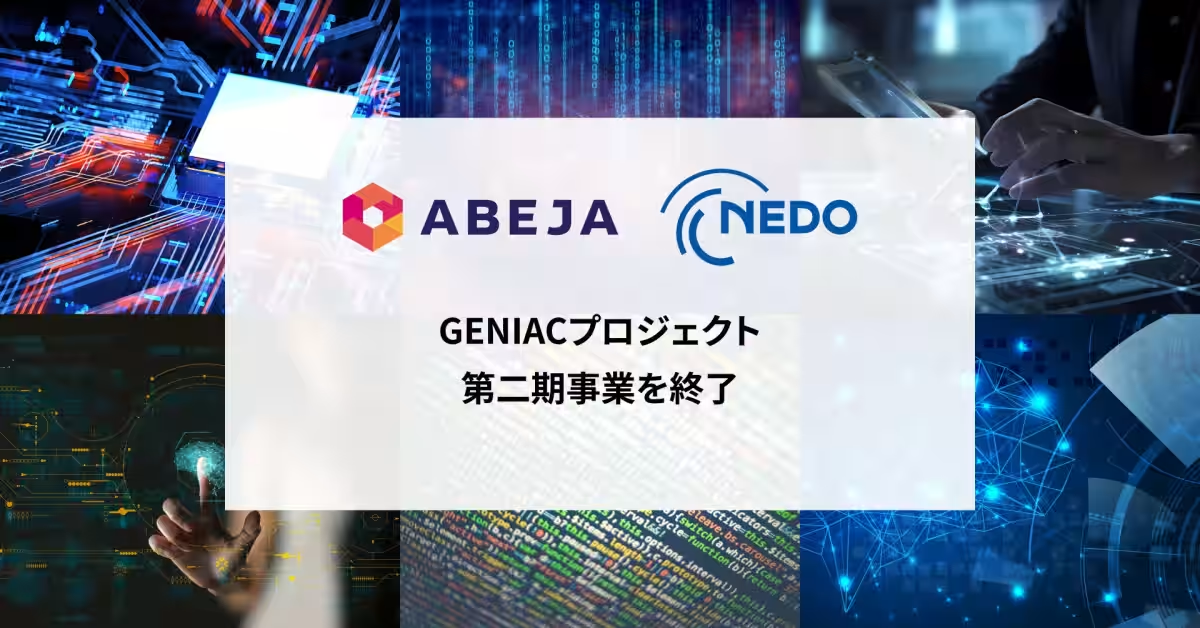
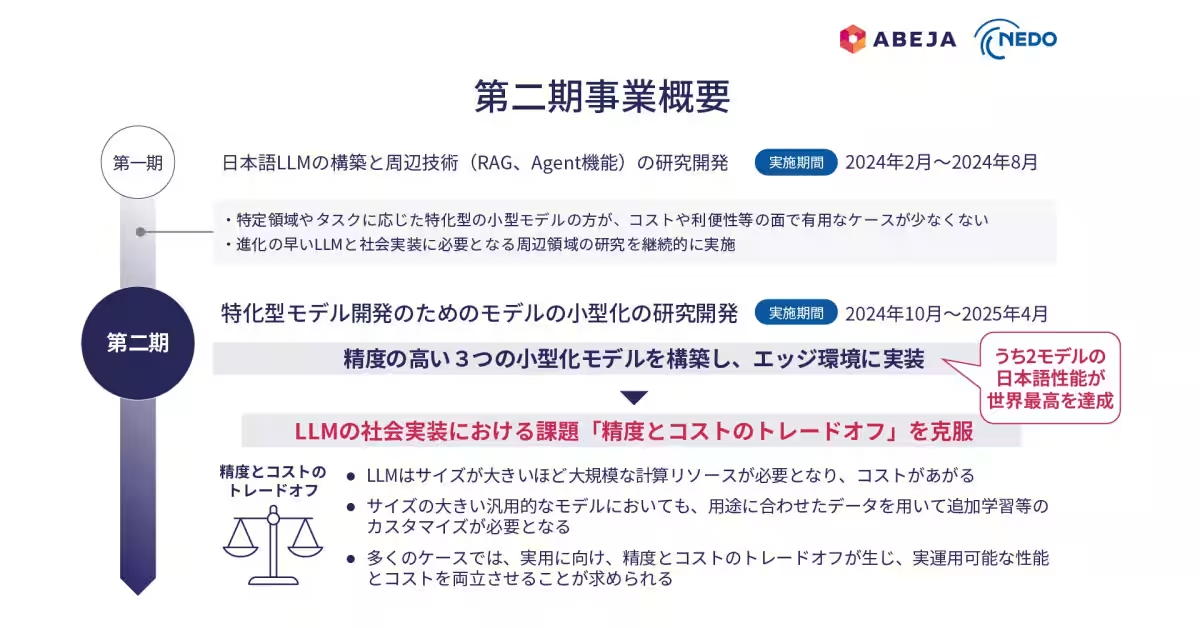

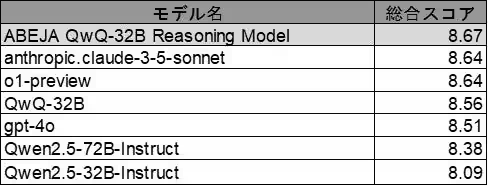

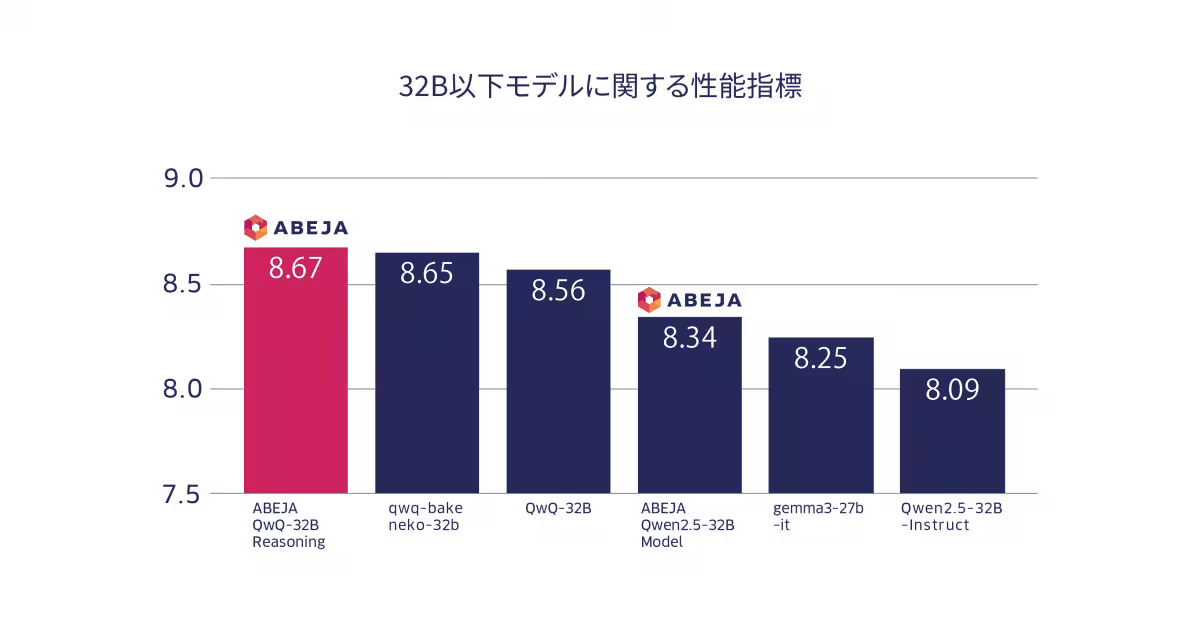
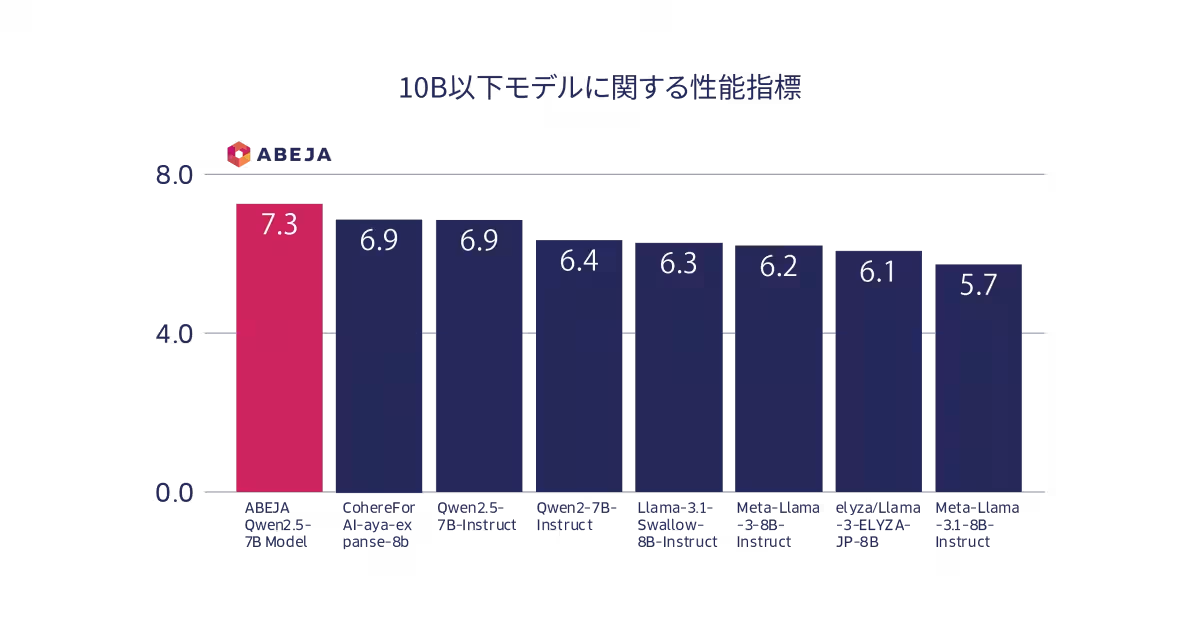
Topics Business Technology)










【About Using Articles】
You can freely use the title and article content by linking to the page where the article is posted.
※ Images cannot be used.
【About Links】
Links are free to use.